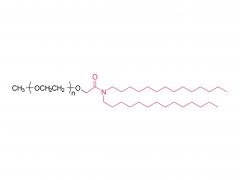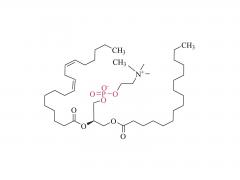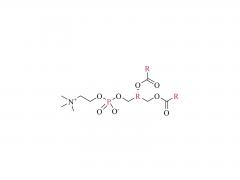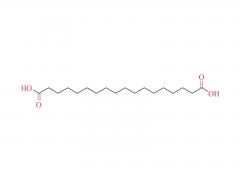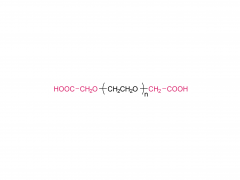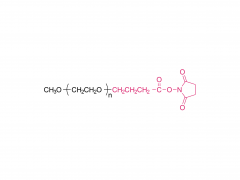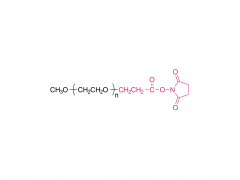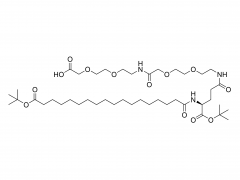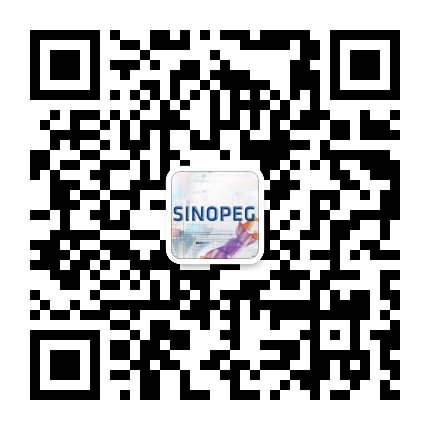Site-specific PEGylation of a mutated-cysteine residue and its effect on tumor necrosis factor (TNF)-related apoptosis-inducing ligand (TRAIL)
Li-Qiang Pan 1, Hai-Bin Wang, Jun Lai, Ying-Chun Xu, Chen Zhang, Shu-Qing Chen
Abstract
Keywords: Antitumor agent; Glycosylation site; PEG-TRAIL; Protein delivery; Site-specific PEGylation.
Related products
Abbreviation: mPEG-pALD
Name: Methoxypoly(ethylene glycol) propionaldehyde
Abbreviation: mPEG-MAL
Name: Methoxypoly(ethylene glycol) maleimide
For more product information, please contact us at:
US Tel: 1-844-782-5734
US Tel: 1-844-QUAL-PEG
CHN Tel: 400-918-9898
Email: sales@sinopeg.com







